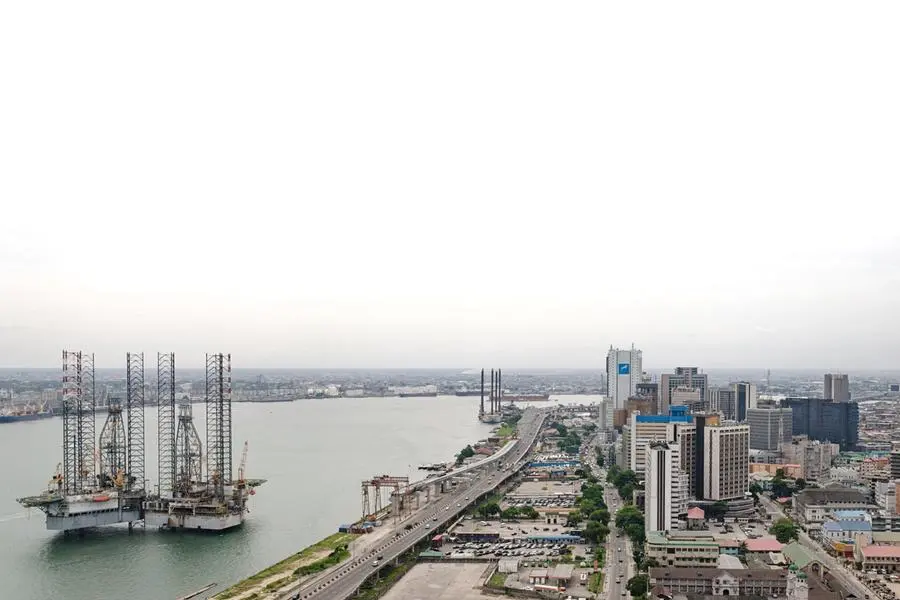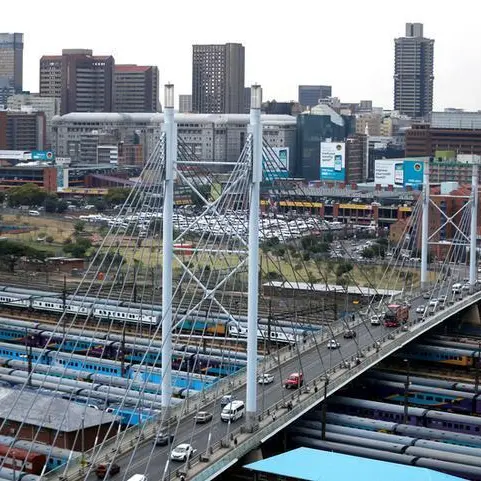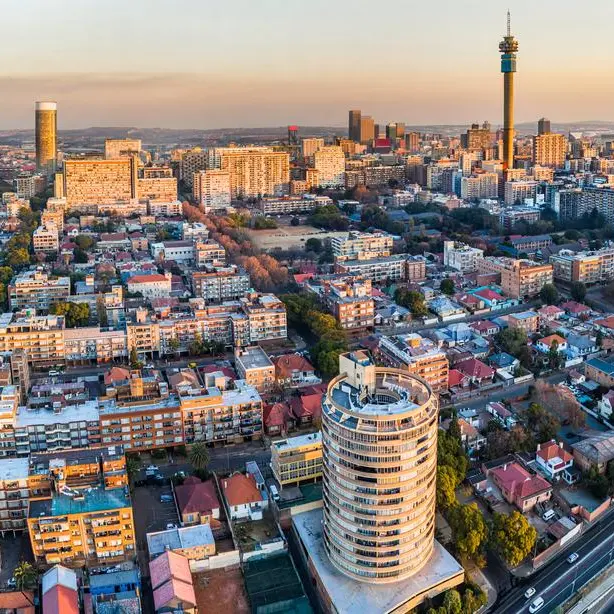PHOTO
THE International Monetary Fund (IMF) has acknowledged that Nigeria, like many other countries, faces a difficult external environment and wide-ranging domestic challenges.
According to the fund, per capita growth in Nigeria has stalled, poverty and food insecurity are high, exacerbating the cost-of-living crisis.
It said the country’s external financing (market and official) is scarce and global food prices have surged, reflecting the repercussions of conflict and geo-economic fragmentation.
Related PostsIs leadership really the bane of Nigeria?Lagos is host to Nigeria’s 50 Most Valued Personalities in digital economyState of the nation: Lonely at the top, groaning at the grassroots
It said in a post financing asessment, “Low reserves and very limited fiscal space constrain the authorities’ option space. Against this backdrop, the authorities’ focus on restoring macroeconomic stability and creating conditions for sustained, high and inclusive growth is appropriate.”
On January 12, the Executive Board of the International Monetary Fund (IMF) concluded the Post Financing Assessment (PFA) 1 and endorsed the staff appraisal on a lapse-of-time basis, saying that Nigeria’s capacity to repay the fund’s loan is adequate.
It acknowledges again that President Bola Tinubu has moved ahead with important structural reforms – removing fuel subsidies and unifying the various official foreign exchange windows.
According to the IMF, Nigeria exited the COVID-19 recession quickly, but growth, held back by the hydrocarbon economy, is barely keeping up with population dynamics. It said low revenue collection hampers the provision of services and public investment. Security concerns persist in the northern part of the country, adversely affecting agriculture and food security. Latest estimates show 25 million (13 percent of the population) as food insecure. The poverty rate was 37 percent in 2022.
Growth is projected at 2.9 percent for 2023 and three percent in 2024, as hydrocarbon performance revives, including from better control of theft.
“The new administration has made a strong start, tackling deep-rooted structural issues in challenging circumstances. Immediately, it adopted two policy reforms that its predecessors had shied away from – fuel subsidy removal and the unification of the official exchange rates.
“Since then, the new CBN team has made price stability its core mandate and demonstrated this resolve by dropping its previous role in development finance. On the fiscal side, the authorities are developing an ambitious domestic revenue mobilization agenda.
“The CBN has set out on a welcome path of monetary tightening. The governor has committed to making price stability the core objective of monetary policy and the CBN has taken actions to mop up excess liquidity. Continuing to raise the monetary policy rate until it is positive in real terms would be an important signal of the direction of monetary policy,” the board’s assessment report read in part.
The authorities are exploring options to strengthen Nigeria’s reserve position, though a careful assessment of unintended consequences is needed in some cases, according to the IMF.
It added that settling the CBN’s overdue dollar obligations will help rebuild confidence in the central bank and the naira. Sharing comprehensive information on Nigeria’s reserves position would facilitate a more complete assessment of the external situation.
The government’s focus on revenue mobilisation and digitalisation would improve public service delivery and safeguard fiscal sustainability.
The fund further submitted that envisaged reduction in the overall deficit in 2024 would help contain debt vulnerabilities and eliminate the need for CBN financing.
Temporary and targeted support to the most vulnerable in the form of social transfers is needed, given the ongoing cost-of-living crisis. Fuel and electricity subsidies are costly, do not reach those that most need government support and should be phased out completely.
Staff assesses that Nigeria’s capacity to repay the fund is adequate under the baseline. The authorities’ policy intentions are well placed to address risks of a downside scenario where difficult trade-offs may arise between urgent humanitarian needs and debt service, including to the fund.
In such circumstances, it said aggressive monetary tightening and fiscal adjustment combined with support from development partners would be needed to restore macroeconomic stability.
Copyright © 2022 Nigerian Tribune Provided by SyndiGate Media Inc. (Syndigate.info).





















